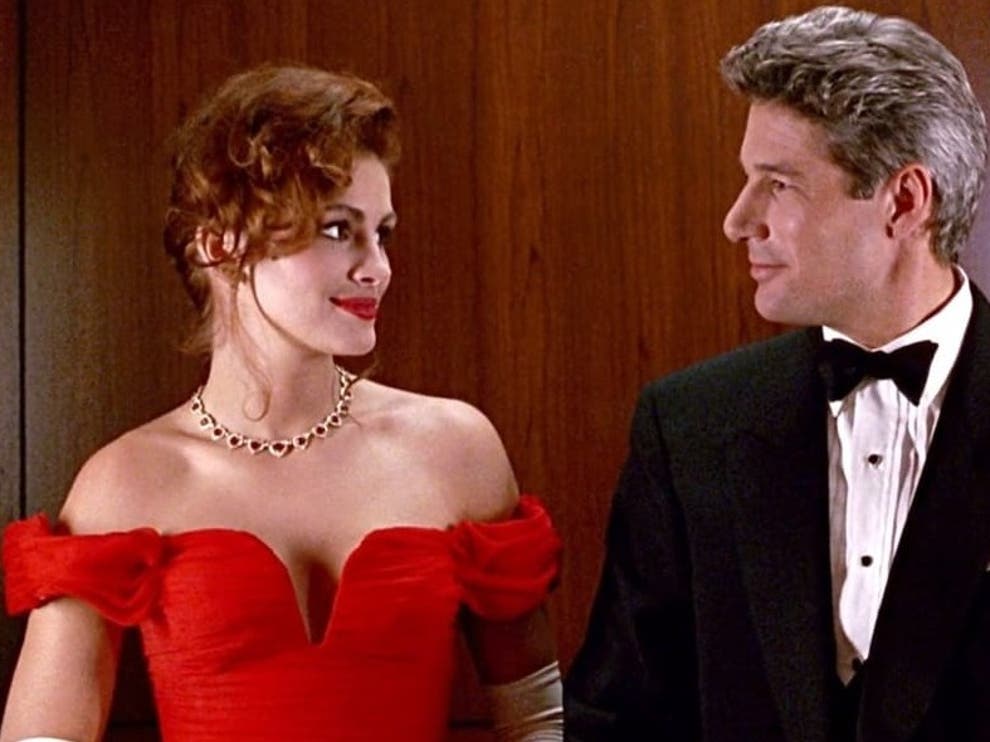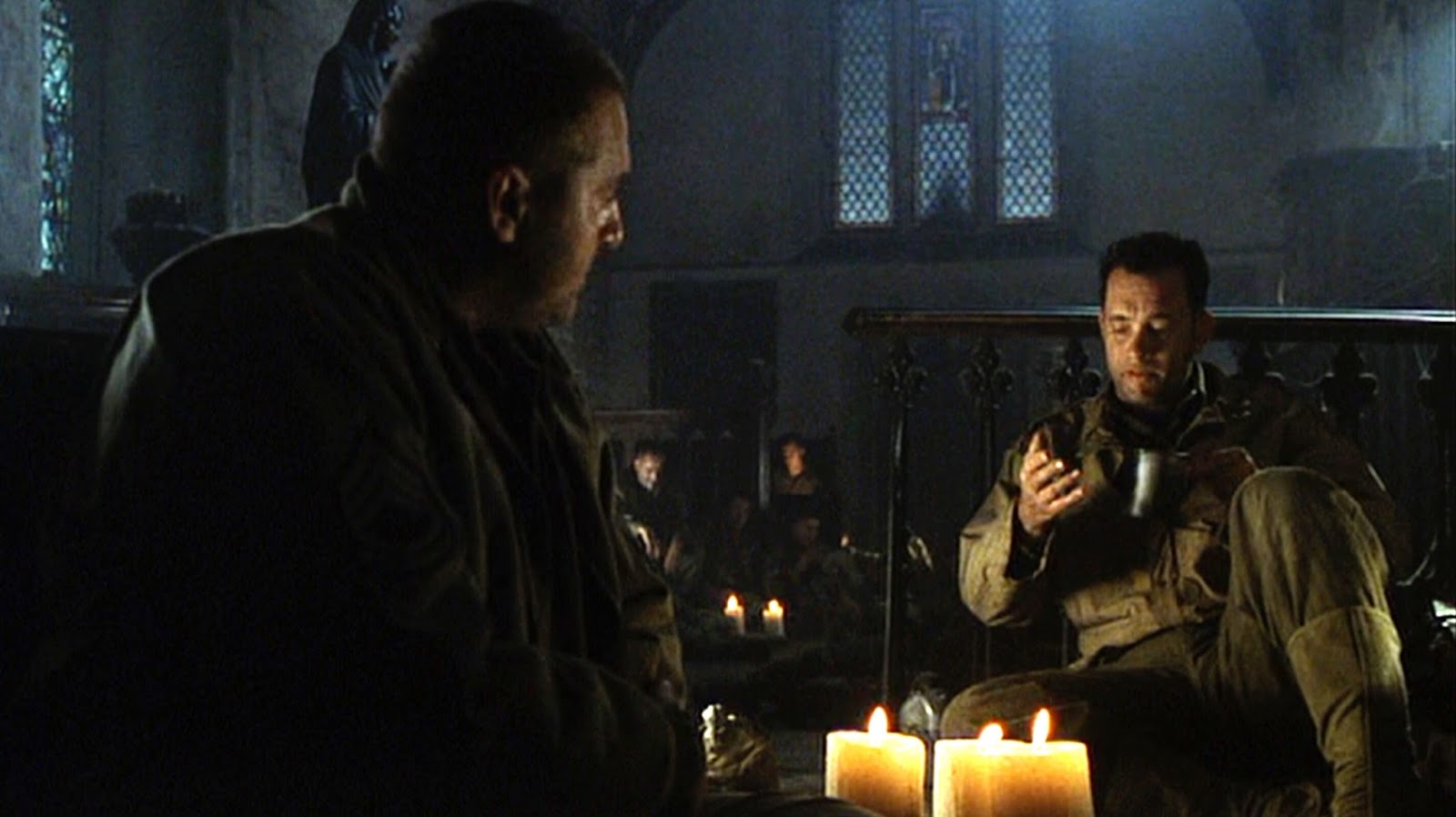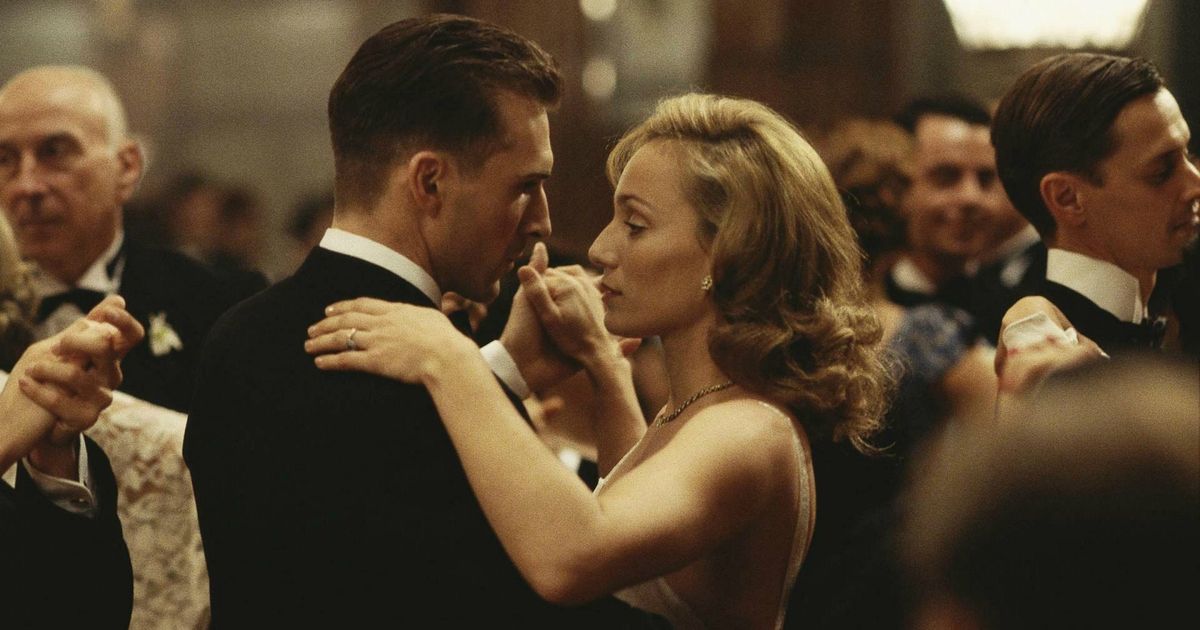We all know that 2020 was a bit of a hellish landscape, so on January 1st my fiancé and I decided to sit down with a feel-good film, and one of her personal favorites, Pretty Woman. Afterward, I had no plans on writing anything about the movie, mainly because I have only seen it twice in my entire life and, aside from the scenes that have become famous over the years, I couldn’t remember much about it at all. I figured I’d have an enjoyable two hours watching the smile on her face as she dove back into her childhood. Instead, I had a bit of a reckoning.
To put it mildly, my fiance knows this film by heart despite not having seen it for years herself. She quoted along, smiled knowingly in advance when an upcoming scene was about to happen, and, what made me most oddly proud, knew when a deleted scene had been reinserted in this new (for us anyway) director’s cut. I say proud because usually this type of nerdity is culturally reserved for those of us dissecting the 15th cut of Blade Runner or deciding whether or not The Godfather Coda is any better than its first iteration as The Godfather Part III. I’d only engaged with this type of behavior in online videos so it was a genuine treat to see her get incredibly excited when a scene went on longer than expected or was completely new.
Because I often tend to make things about me, I wondered why I wasn’t able to experience this moment as well. Granted, I fully admit to only watching this film twice in my life so the expectation that I could pick out extraneous details with mild differences leans heavily into my film hubris. Instead, I had to really ask myself why I hadn’t watched this film more often growing up.
It’s not like Pretty Woman was a tiny film that barely slipped through the box office and was only watched by critics and die-hard film buffs. On a modest budget of $14 million, with only one recognizable star in Richard Gere, Pretty Woman went on to make $178 million domestically and over $463 million worldwide. That put it in the ballpark of Terminator 2 money. Not only did it do well financially, but it launched the career of co-star Julia Roberts into the stratosphere where she quickly became THE leading lady of the 1990s. Heck, even Roy Orbison’s 1964 hit “Oh, Pretty Woman” made a spectacular comeback thanks to the film and surely helped him land a Grammy for Best Male Pop Vocal Performance for his live recording during the HBO television special Roy Orbison and Friends, A Black and White Night. To put it mildly, the film was everywhere, and yet I was decidedly not watching it at every opportunity.
I’ve been ruminating on the “why” since that New Year’s Day viewing and it was surprisingly the passing of Phil Spector this past week (please don’t mourn him) that jogged the memory free. As a child of the ’80s, the music of Phil Spector wasn’t really coming through the radio. But much like what Pretty Woman did for Roy Orbison, the soundtrack of Dirty Dancing reinvigorated the music of Spector’s era, specifically the song that kicks off the film, the Ronettes singing “Be My Baby.” I couldn’t tell you why the song hit me the way it did, but I was absolutely entranced, so much that I often popped the soundtrack cassette into my Walkman for sports bus trips.
On one of those fateful bus trips, likely 6th grade, I was called out by an upperclassman for listening to music from a “chick flick” when I should’ve been listening to contemporary favorites like Van Halen or AC/DC. (The irony that Van Halen recorded a cover of “Oh, Pretty Woman” is not lost on me.) I remember being absolutely shamed for liking that movie/music and you can believe that on the next trip I had a more socially accepted cassette loaded up for listening just in case they checked, which they did.
This wasn’t my first exposure to what is now rightfully labeled toxic masculinity, but it was my introduction to it in the public square of middle school and, honestly, the less I think about middle school the better because, up until 8th grade, it was usually a nightmare.
My first lessons in shame and embarrassment came directly from my father who did his best to mold me into a miniature version of himself, usually through threats or fear. To his disappointment, I didn’t enjoy any of the activities that he loved such as hunting or fishing but instead focused on things I enjoyed. None of this ever sat well with him. I can still vividly recall one early November morning where he and Uncle Joe dragged me into the woods to go hunting. Little did they know that I had smuggled a paperback book with me so that when we split up to cover ground I simply sat down next to a tree and read while they traipsed after their never-to-be-found prey. Thankfully at the time, I had keen ears so when I heard them returning I was able to pretend I was just walking back myself. Had my father known what I had done, I would’ve likely been belittled, threatened, or, as on other occasions, introduced to his stone-like hands. It surprises me that I hadn’t learned to hide the things I enjoyed earlier.
So when Pretty Woman came out I wasn’t going to fall for it. It didn’t matter how popular it became or how it was the favorite movie of almost every girl I went to school with. I wasn’t going to risk the ridicule by admitting I liked it, so it was safest to just not watch it at all. Plausible deniability was the way to go.
Fast forward thirty years and here I am questioning what I thought was a brilliant decision at the time. While I can say that in the interest of middle school self-preservation it was necessary, in hindsight I’m angry at myself for what the film could have taught me.
At the base of almost anything related to toxic masculinity and cancel culture is a lack of respect or understanding for who and what we are as humans. As a male, I’m especially concerned about the parts I’ve played in its prevalence throughout the years. When I was called out for my love of Dirty Dancing did I fight back and stand by my convictions? Heck no. The desire to be part of the popular crowd won out and soon enough I was joining them in their jeers of those who chose to be different or like stuff that wasn’t “cool.” In high school, I far too often viewed women as either potential girlfriends or competitors in education excellence. I knew my fiancé throughout all those years and it wasn’t until almost thirty years later I realized just how fucking cool she was back then. I’m angry at myself for all the potential amazing friendships I missed out on because my focus was rarely on the people themselves but on what they could do for me. And while I never did anything abhorrent such as physical violence, I’m certain there were times when I was emotionally cruel and that’s a hard thing for me to come to terms with today.
I wouldn’t be who I am now if not for the strong women in my life. First and foremost is my mother, who walked away from an abusive marriage with very little support, went back to school to obtain multiple degrees, and built a career for herself all while raising me and my sister, who is also a badass. My fiancé is an exceptional woman at the top of her field who constantly challenges herself, recently attending Ivy League classes while being a full-time Nurse Practitioner and, of course, dealing with me. Throughout my years working at the Shaw House Youth Shelter, I met women who dedicated their lives to ending homelessness, human trafficking, sexual assault, and relationship violence and genuinely making the world a better place. So when I see stories of men getting angry because their careers are being “canceled” due to their treatment of others, it genuinely infuriates me because I know that if I can understand why people are angry then anyone should be able to. It shouldn’t take a Pulitzer Prize-winning book like Jodi Kantor and Megan Twohey’s She Said to make us recognize what an awful human being Harvey Weinstein is. Nor should it take the country finally electing women like Alexandria Ocasio-Cortez and Kamala Harris to positions of power to see what genuine hate they face simply for having an intelligent voice.
Which brings me back to Pretty Woman. Quite often, men are simply awful and their portrayal in a male-dominated Hollywood are no less dangerous. Before any keyboard warriors out there come at me and call me a cuck, rest assured the data backs me up on this. But I’m not going to get into that. The research is out there. Please go find it. Instead, I’m going to focus on the three main male characters in Pretty Woman: Richard Gere’s Edward Lewis, Jason Alexander’s Philip Stuckey, and Hector Elizondo’s Barney Thompson.
While Edward Lewis ends up being the knight in shining armor who overcomes his fear of heights to climb a modest fire escape and whisk Robert’s Vivian Ward away for her fairy-tale ending, we cannot forget that he spent much of the film viewing women as he viewed everything else in his life – as a transaction. He had no issue with paying Vivian to spend the night with him, but only as long as she wore his coat through the lobby of the illustrious high-end hotel where he occupied the penthouse. He was fine with paying her to stay with him for a week, but only if she dressed in a manner more appropriate to his liking.
Vivian is an unbelievably strong female character for the most part. Unlike her fellow sex workers, she doesn’t rely on the services of a pimp to guide her life. She makes her own choices with who she spends time with. She always practices safe sex and even has a code concerning kissing. Her self-awareness for what will keep her both physically and emotionally safe is quite strong. It’s only when she has to go shopping for the first time in upscale clothing boutiques that she begins to feel lesser than. And we’ll get back to the shopping.
Much like Edward, Alexander’s character Philip Stuckey doesn’t seem to have the highest opinion of women either. When Philip learns what Vivian’s profession is, his immediate response is to proposition her, to take a little of her for himself. A moment ago she was off-limits as Edward’s companion, but with one little bit of information slip, she was something that could be bought and owned. From that moment on, his treatment of her falls further and further into debasement until he eventually sexually assaults her after being rebuffed. It’s safe to say that his character lacks any redeeming qualities and is essentially the villain of the piece, thereby making Edward better by comparison. Sure there are moments where Edward treats Vivian as an object, but at least he didn’t assault her. He even comes to her rescue against Philip.
Compared to all other male characters in the film, Edward would actually escape unscathed if not for the one person who was by far the heart and soul of the movie.
I’m talking about you, Hector Elizondo.
Sure, when we meet him he’s a bit of a judgmental prick as the hotel manager who needs assurance from Vivian that once her time with Edward is done she won’t return to the hotel. However, in his second big scene, we see what a good man he is. Getting back to the aforementioned failed shopping spree, upon returning to the hotel, a frustrated and upset Vivian confides in Elizondo’s Barney that she just wanted to buy a dress and couldn’t because of how she was treated. He takes it upon himself to help her procure the fancy dress she needs and from that moment on is her biggest cheerleader. In the social work world, we call this trait Unconditional Positive Regard. In the real world, it’s as fucking scarce as the most precious of gemstones. Watching it play out in a movie that I once considered “fluff” opened my eyes. Without Elizondo’s character, I wouldn’t be reassessing this movie and the lesson it has taught me.
Men need to do better. I need to do better. And maybe I would’ve learned that lesson sooner if I had just watched Pretty Woman more often.


